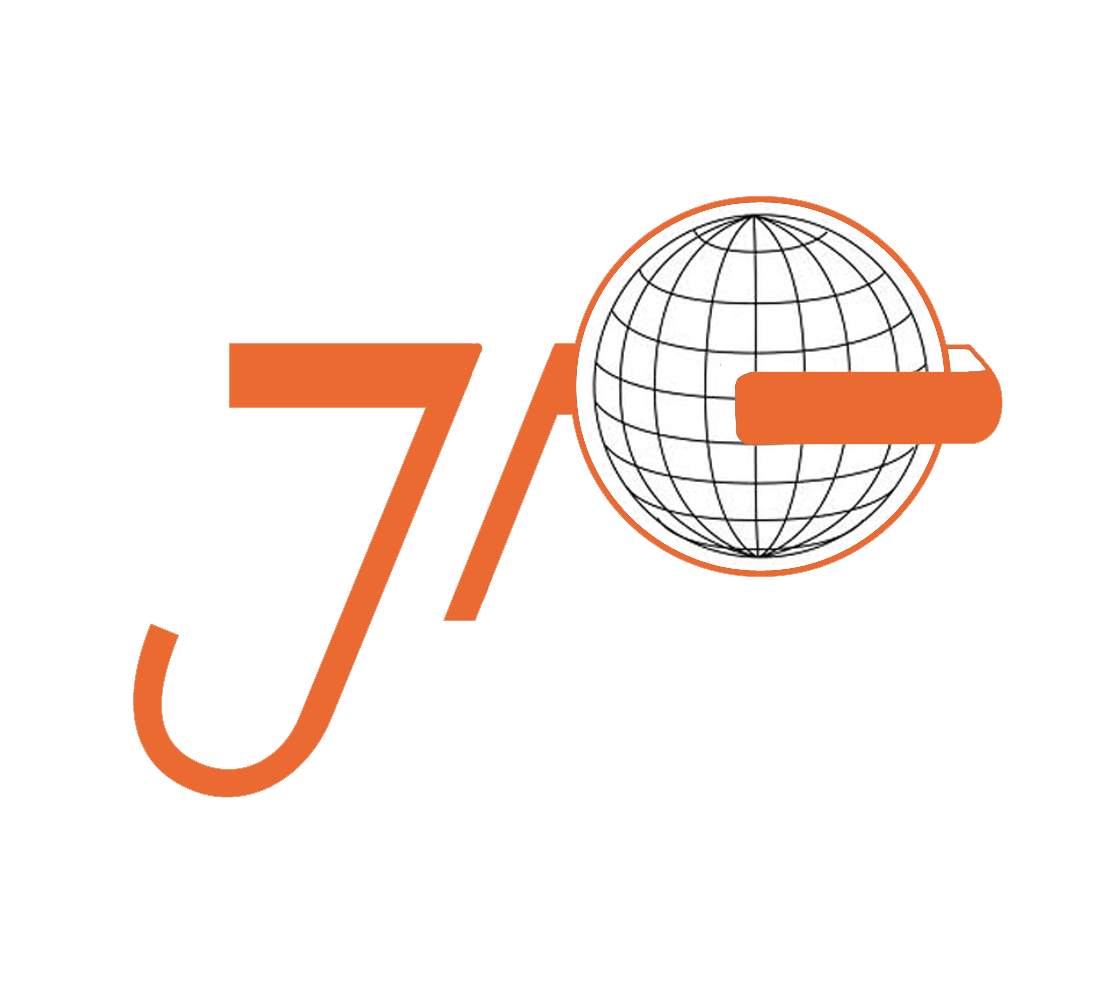Here's The Skinny on LGBTQIA+ Rights in Italy
by Brian Alcamo
Italy is known for so many fabulous things: historic artwork, breathtaking landscapes, and mouth-watering food being a few. What you may not think of when you hear the word “Italy,” though, is Queer rights. While Italy only legalized same-sex civil unions (not marriage) back in 2016, its history of queer rights and discrimination is rich and complex.
Back in 1805, the Napoleonic Kingdom of Italy, the Kingdom of Naples, and other French client states in Europe adopted the Napoleonic Code which effectively legalized homosexuality. However, in 1815, Napoleon lost his grip on Italy and the previous monarchies were gradually restored along with their previous codes of law that banned homosexual activity.
In 1859, the Kingdom of Sardinia changed its laws to criminalize homosexual acts between men. As it so happens, the Kingdom of Sardinia is the Kingdom that spearheaded Italian unification (il Risorgimento). As it was unifying Italy, the Kingdom was also unifying Italy’s laws. When the system of law changed, homosexual acts between men became illegal throughout Italy. The only region where this law was not put into effect was in the Kingdom of the Two Sicilies, which avoided the law because the new government was taking into account “the particular characteristics of those that lived in the South.”
In 1889, homosexuality was decriminalized with the arrival of the Zanardelli Code, started by Justice Minister Giuseppe Zanardelli. As long as it did not involve violence or “public scandals,” homosexuality was not punishable by law. That being said, homosexuality was considered a “sin against religion or privacy.” The new code, while it did keep homosexuality out of the eyes of the law, also worked to create a “don’t ask, don’t tell” policy when it came to being gay. Unwittingly, some cities still took advantage of the new legal gray area, with Venice turning into— dare we say it was “popping off” as— the European gay destination of choice.
This policy continued on in the 1930s when a new code was introduced alongside Italy’s new fascist regime. The new Rocco Code reinforced a “don’t ask, don’t tell” spirit surrounding homosexuality in Italy not out of a nascently inclusive agenda, but because Italian fascists wanted to deny the existence of gay people in the country. The code read that “It will not be punished because the vicious vice of homosexuality in Italy is not so widespread that it requires legal intervention.” This left persecution of homosexuality up to the Catholic Church.
“Where are they now?”
Despite this “out of sight, out of mind,” relationship that exists between queer people and the Italian government, some progress has been made since the turn of the millennium. In 2003, the entire country of Italy made discrimination based on sexual orientation illegal in compliance with EU guidelines. Tuscany became the first Italian region to successfully implement legislation that prohibits discrimination against homosexuals (in the domains of education, employment, public services, and accommodations). This legislation was challenged at the national level, and eventually the section of the law mentioning accommodations was removed while the rest of the legislation remained intact. Piedmont enacted a similar law in 2006. Same-sex civil unions were made legal in 2016.
The Catholic Church is still making life difficult for queer Italians. While protections against racial and religious discrimination have been codified, protections on the grounds of gender and sexual orientation have yet to be put into effect. A large force in this delay is the conservative political party Brothers of Italy which represents the country’s Catholic bishops.
Italian Vocabulary For Talking About Queer Rights
I diritti - Rights
Omosessuale - Homosexual
Arcigay - Italy’s biggest LGBTQIA+ activist group
Identità di genere - Gender identity
Orientamento sessuale - Sexual orientation
Back in 2020, a new law, known as the Zan Bill, was being cooked up by the Italian government to begin protecting people based on their gender and sexual orientation. A priest in Puglia, a region in Italy’s Mezzogiorno (the South) even held a vigil to pray that the law would fail. The law, was approved by Italy’s lower house of parliament back in early November of 2020. It saught to “integrate an existing law and extend protection to women, LBGTQ+ and people with disabilities from discrimination based on gender identity and expression, sexual orientation, ableism.” Many people were not pleased.
While the Italian Senate continues to examine the Zan Bill, the Vatican has decided to voice some concerns, saying the bill attacks the Italian Catholic community’s freedom of beliefs. Whether the Zan Bill will pass in the Senate is still unknown, but make sure to check out some Italian news sites to brush up on your Italian and keep up with the latest happenings.
Thanks for Reading!
Were you surprised to learn about Italy’s Queer rights history? Comment below, and share this article with your Italy-loving friends.
Thumbnail photo by Luis Cortés.

